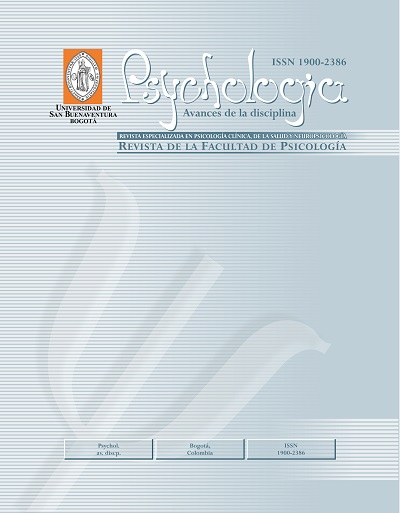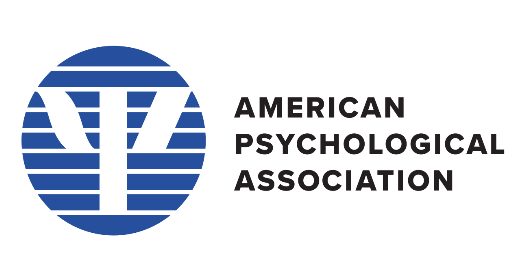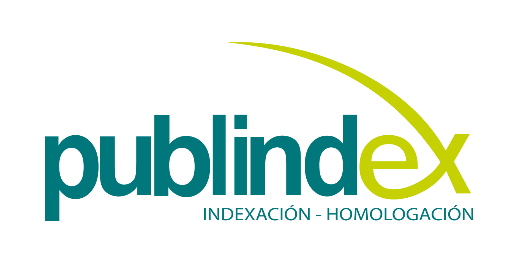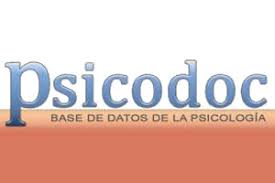This journal provides open, immediate access to its contents, based on the principle that offering the public free access to research helps to promote a higher global exchange of knowledge.
As such, all journal articles are published under a Creative Commons Attribution-NonCommercial-ShareAlike 4.0 International License (CC BY-NC-SA), by which commercial use of the original work or its possible derived works is not allowed, and the distribution thereof must be done with the same license elements regulating the original work.
http://creativecommons.org/licenses/by-nc-sa/4.0/
Abstract
The objective of this study was to characterize the life quality of people with intellectual and multiple disabilities between 4 to 21 years through the Kidslife Scale validated for Colombia. A correlational study was carried out involving 220 key informants. The dimensions with higher average scores in quality of life were physical well-being and emotional well-being; conversely, the lowest scores recorded were related to self-determination and social inclusion. Significant differences were found according to: level of disability, level of support needs and level of recognized dependence. The greatest significant differences corresponded to variables such as sex, having a family and the access to schooling. However, the explanatory variables of quality of life were: level of support needs, having family support, family home residing and ordinary schooling. It was concluded that the lower scores in self-determination and social inclusion indicate the need to promote participation in community activities of interest that are inclusive. Likewise, the relationships found between sociodemographic factors and quality of life show the need to implement interventions aimed at the creation of individualized support plans in order to promote self-determination and stimulate personal and organizational achievements.





















